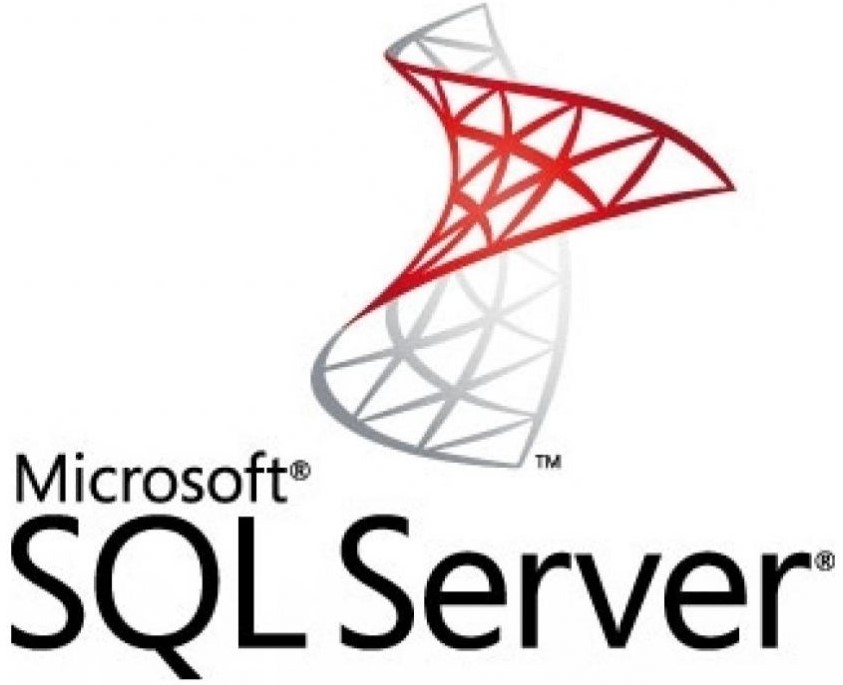Your company can easily outgrow the capabilities of your database program, potentially causing a multitude of
problems for you and your operators.
Your data system needs to grow along with your company, and this is where MS SQL Server excels.
Advanced Database Solutions can help your migrate your back-end data to the strongest DBMS on the market.
ADS often utilizes SQL Server
with clients who need larger programs that require over 20 simultaneous users.
SQL Server offers the highest levels of speed and capacity for the most advanced business systems.
To find out if using SQL Server is the best choice for your business, call us at 1 (470) 737-4745

Positives of working with SQL Server
SQL Server can be swapped with your MS Access database back-end, all while leaving the users and MS Access interface experience virtually unchanged.


